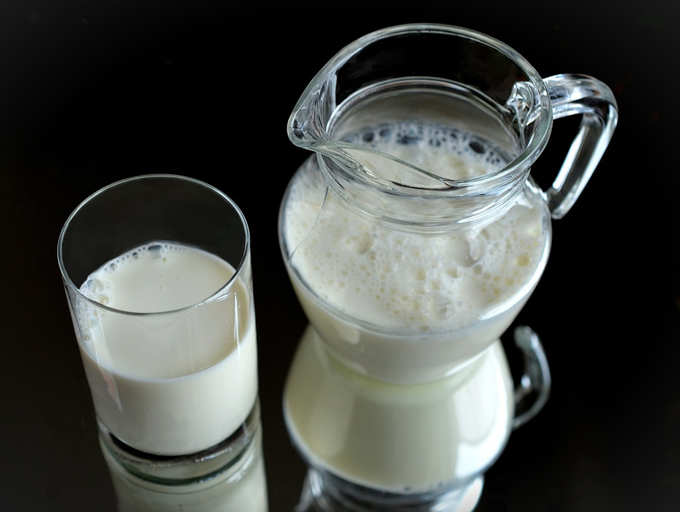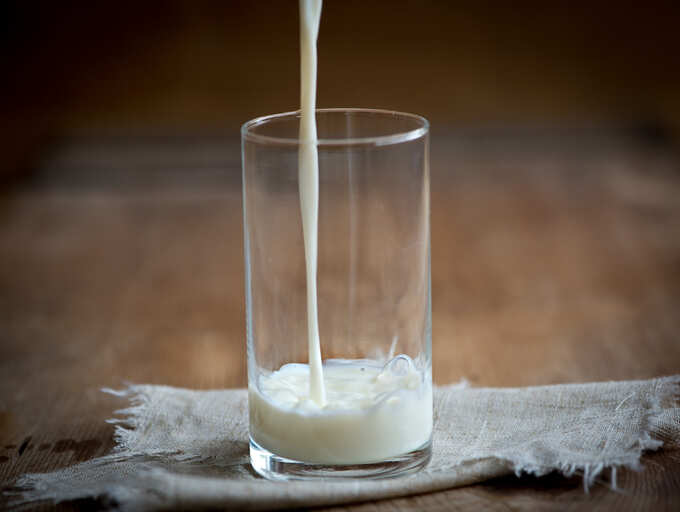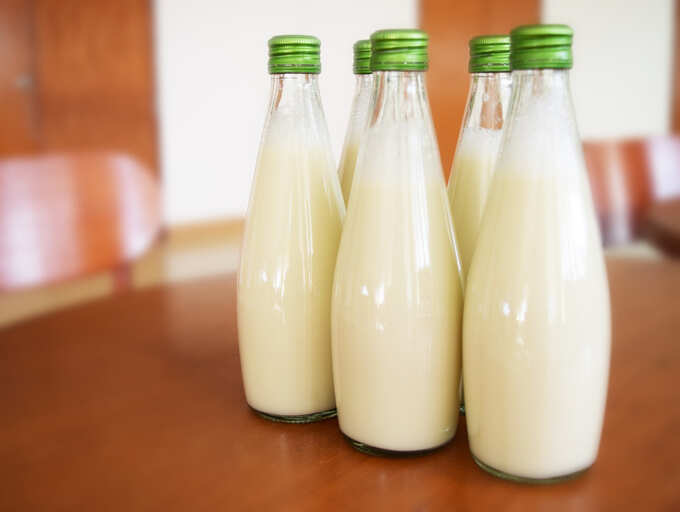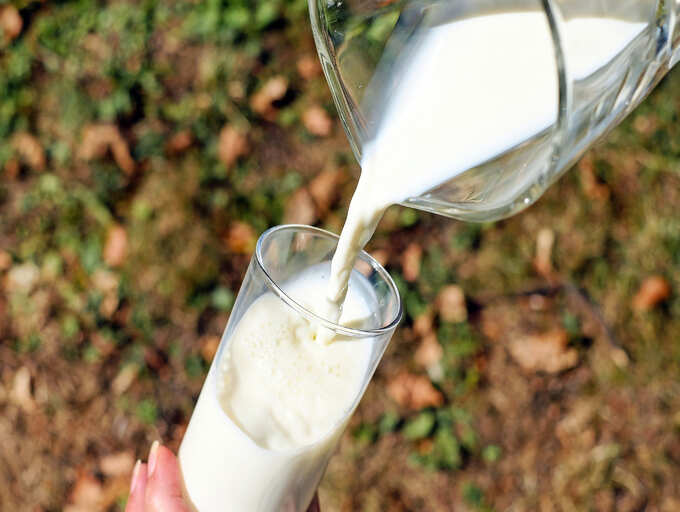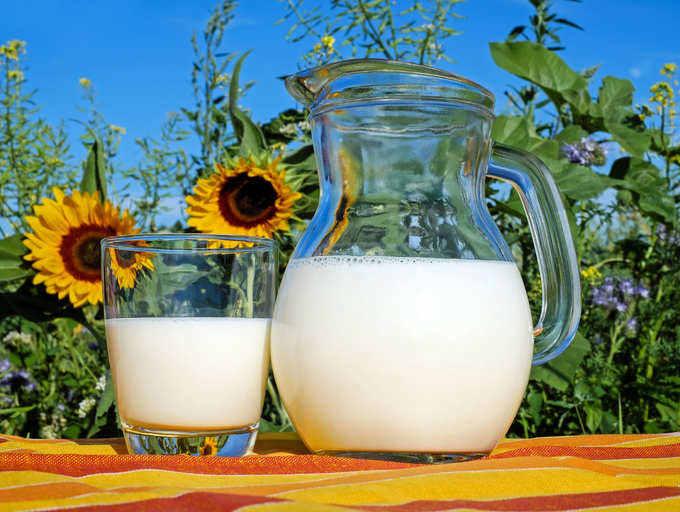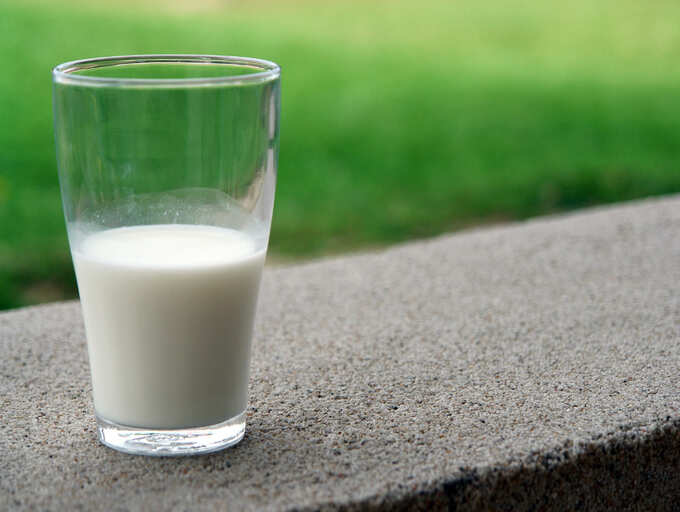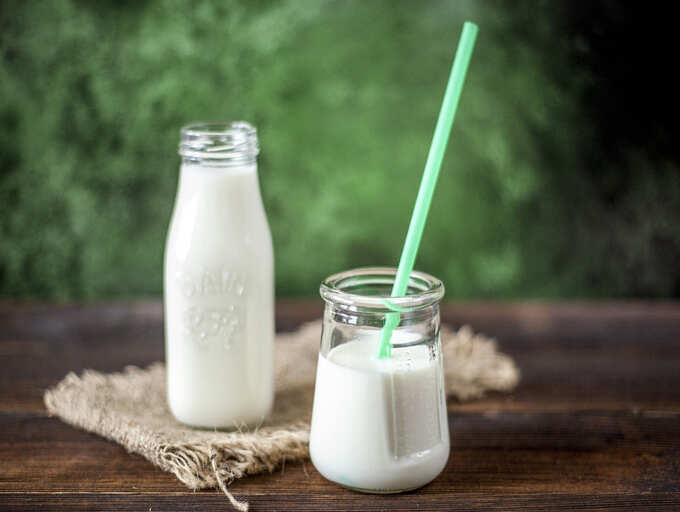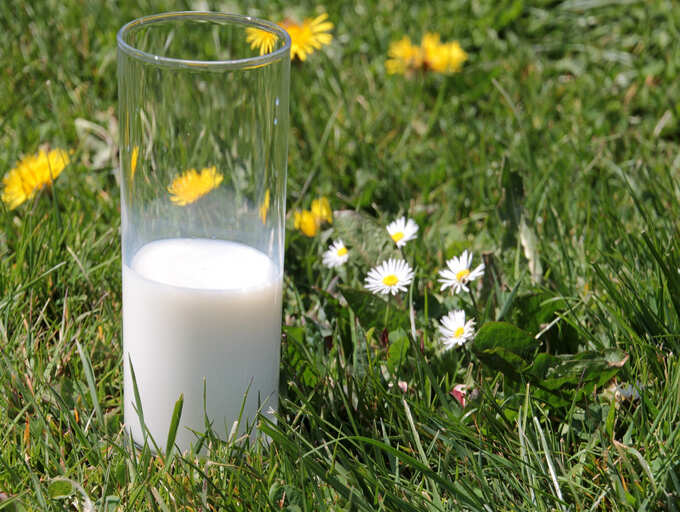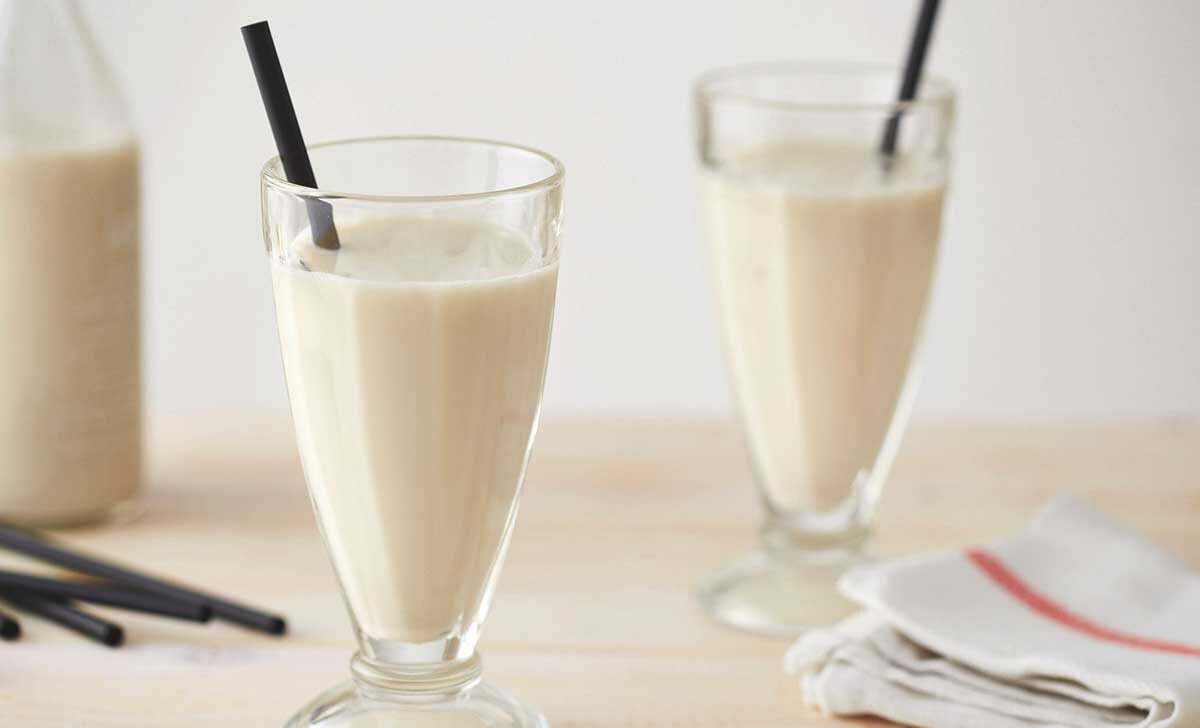Yoghurt, favourite among kids as well as adults, is considered a superfood because it has innumerable health benefits. Yoghurt is rich in nutrients. It is an amazing source of proteins and calcium. It also contains B complex vitamins, phosphorus, potassium and magnesium. It improves metabolism and provides a feeling of satiety.
How is Yoghurt is Made?
Made from bacterial fermentation of milk, it is this very process that provides it with beneficial properties. Probiotics like Lactobacillus bulgaricus and Streptococcus thermophilus are used to make yoghurt. They ferment milk and convert the lactose in milk to lactic acid.
Lactic acid thus produced, coagulates the proteins present in milk, thereby giving it a thick texture and sour taste. Yoghurt thus obtained, can be enjoyed as it is or sweetened or flavoured with fruits as per choice. You can add yoghurt to a variety of dishes or make smoothies out of it.
10 Health Benefits of Eating Yoghurt Are:
-
Improves Digestion:
Consuming yoghurt every day, keeps our bowel movements regular and improves our body’s flora. It kills the harmful bacteria in the gut and makes our digestive system healthier.
Yoghurt is also found to be effective in lactose intolerance, constipation, inflammatory bowel disease and infections caused by Helicobacter pylori bacteria.
-
Natural Immunity Booster:
Regular consumption of yoghurt enhances our immune system and protects our body from a variety of infections.Yoghurt effectively fights against gastrointestinal infections, respiratory issues like common cold, flu and even cancer.
Magnesium, selenium and zinc in yoghurt also improve immunity.
-
Reduces risk of Cancer:
Yoghurt has anti-carcinogenic properties and is known to protect our body from colon, bladder and breast cancer.
-
Regulates Blood Sugar Levels:
Regular consumption of homemade, unsweetened yoghurt helps to regulate blood sugar levels and is very good for people with type 2 diabetes mellitus.
Read More: 10 Low GI Fruits for Diabetics
-
Good for Bones:
Yoghurt is a rich source of calcium, thus making it ideal for improving bone health. Regular consumption of yoghurt, preserves bone mass and strength, thus reducing the risk of fractures and osteoporosis.
Read More: How to Keep Bones & Joints Healthy?
-
Reduces Inflammation:
Daily consumption of yoghurt reduces inflammation in the body. Inflammation is responsible for most autoimmune diseases, diabetes, cancer and arthritis.
-
Reduces High Blood Pressure and Risk of Heart Diseases:
Consuming yoghurt on a regular basis has shown to reduce blood pressure which is a major risk factor for diseases of the heart.
Thus, yoghurt results in reducing the risk of heart diseases.
-
Reduces Appetite and Weight:
The high protein content of yoghurt makes us feel full, reduces our appetite and thus decreases our calorie consumption. This, in turn, promotes weight loss.
-
Reduces Depression:
Probiotics in yoghurt help in reducing anxiety and stress, thus making patients with depression feel better.
Read More: 15 Ways to Treat Depression Naturally
-
Reduces Symptoms of Allergy:
Consuming yoghurt reduces the number of antibodies produced by our immune system in response to any kind of allergy. Probiotics present in yoghurt are responsible for this action
Make Yoghurt at Home in 4 Easy Steps:
STEP 1: Firstly heat the milk (use whole milk for thicker and creamier yoghurt) and switch off the gas just before it boils.
STEP 2: Let the milk cool down.
STEP 3: When the milk is just warm to touch, add yoghurt to it and stir well. ( Add around 2 tablespoons of yoghurt to 1 litre of milk).
STEP 4: Then, keep this mixture untouched in a warm place for about 6 to 8 hours ( or overnight).
Your homemade yoghurt will be ready. You can enjoy it as it is or refrigerate for future use.
Side Effects of Eating Yoghurt:
There are as such no side effects of eating yoghurt but it is recommended to consume homemade yoghurt as commercial ones are loaded with sugars and preservatives which are harmful to us.
It is better to consume homemade yoghurt as commercial varieties may have hidden sugar and preservatives. Eat it as is or have with your meals, top it with fruit or drink up as a beverage.





